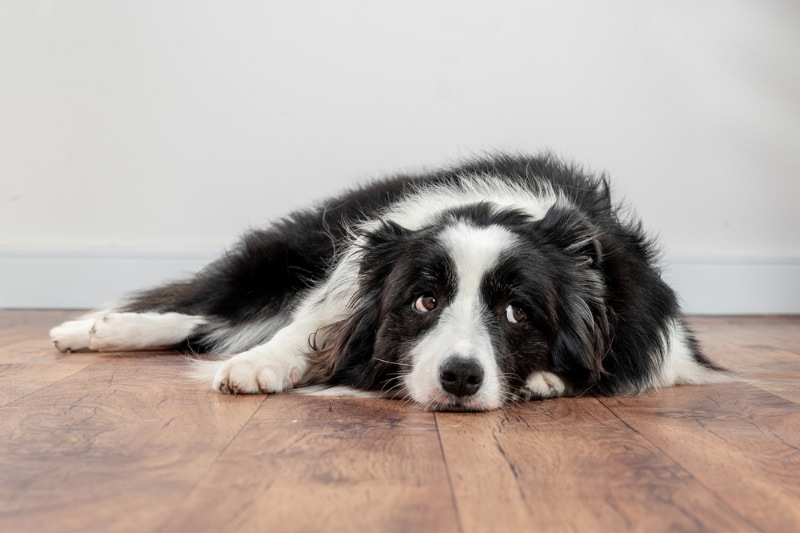As pet parents, we love treating our furry friends. But it’s important to remember that not everything that’s good for us is good for our dogs. While it may be tempting to share a Hot Pocket with your pup, it’s best to avoid it. In this article, we’ll discuss why dogs shouldn’t eat Hot Pockets and provide you with healthier alternatives.
Can Dogs Safely Eat Hot Pockets?
No, dogs should not eat Hot Pockets. These popular frozen snacks contain ingredients that can be toxic to dogs, such as onions and garlic. Additionally, the seasonings and spices in Hot Pockets can upset your pet’s digestive system, leading to vomiting and diarrhea.
One of the main concerns when it comes to feeding dogs Hot Pockets is the high sodium content. These snacks are loaded with salt, which can be dangerous for dogs in large quantities. Excessive salt intake can cause dehydration, electrolyte imbalances, and other health issues. Hot Pockets also tend to be high in fats and oils, which can lead to weight gain and increase the risk of diseases like diabetes and arthritis.
Are Hot Pockets Safe for My Dog?
While a tiny piece of Hot Pocket may not immediately harm your dog, it’s best to serve them healthy and safe treats instead. It’s important to check the label before offering your dog a piece of your Hot Pocket as it may contain ingredients like garlic and onions that are toxic for dogs. Additionally, there have been instances of Hot Pockets being recalled due to contamination with glass and plastic, posing a choking and digestive hazard for both you and your pet.
The Health Risks of Feeding Hot Pockets to Dogs
Hot Pockets have been recalled in the past due to contamination concerns. In addition to that, they contain ingredients like garlic, onions, spices, seasonings, and artificial preservatives, all of which can be unhealthy or toxic for dogs. Even small amounts of these ingredients over time can lead to dehydration, kidney problems, anemia, and digestive issues.
The salty dough and cheese in Hot Pockets can also be tough for dogs to digest, leading to vomiting and diarrhea. Furthermore, the long-term consumption of Hot Pockets can contribute to weight gain, which can increase the risk of various health problems in dogs.
Alternatives to Hot Pockets for Dogs
Although feeding your dog Hot Pockets is not recommended, there are other human foods you can offer them in moderation that won’t harm or poison them. It’s important to remember that these foods should be given as occasional treats rather than a regular part of their daily diet.
Frequently Asked Questions
Q: What should I do if my dog accidentally eats a Hot Pocket?
If your dog eats a small piece of a Hot Pocket, monitor them closely for any signs of illness. However, if your dog consumes an entire Hot Pocket, regardless of the flavor, it’s best to contact your vet, especially if you notice any troubling symptoms such as excessive diarrhea or vomiting. Bringing the Hot Pocket package with you can help the vet identify the ingredients and provide appropriate care.
Conclusion
While dogs can safely consume a small piece of a Hot Pocket, it’s best to avoid feeding them this snack altogether. Hot Pockets often contain ingredients that can be harmful to dogs, and there have been instances of contamination. Instead, opt for healthier alternatives and treats specifically made for dogs. Your furry friend will thank you for it.
